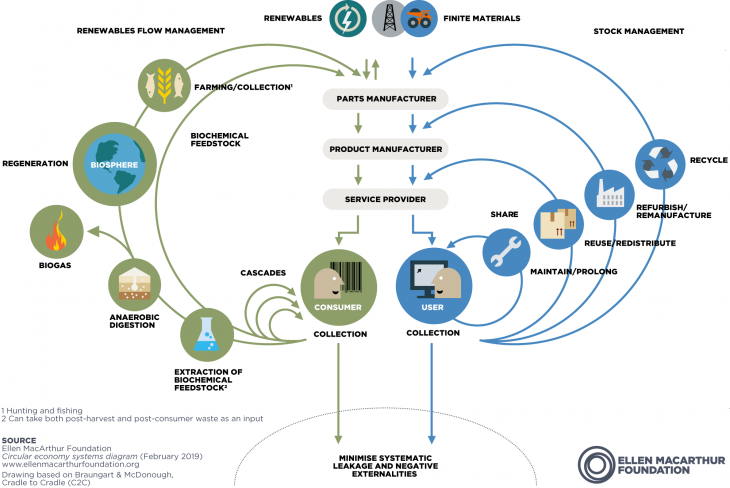CIRCULAR ECONOMY IN THE BUILT ENVIRONMENT
Faculty: Ignasi Cubiña, Cristina Sendra and Gemma Canals
Faculty Assistant: Mahsa Nikoufar
Credits: Ellen MacArthur Foundation
A circular economy is a systemic approach to economic development designed to benefit businesses, society, and the environment. In contrast to the ‘take-make-waste’ linear model, a circular economy is regenerative by design and aims to gradually decouple growth from the consumption of finite resources. After defining what an economy actually is, this learning path explores the nuances of the concept of a circular economy, including the difference between biological and technical materials, the different opportunities that exist to keep materials and products in use, and the history of the idea. Finally, the benefits of shifting from a linear to a circular economy are highlighted.
The buildings and cities we inhabit today have been mainly designed to address the needs of a linear model of consumption and production. This model, based on the extraction of resources and the externalization of waste must be questioned today, fostering paradigms of Circular Design and Economy towards a sustainable and self-sufficient environment.
How can this disruptive innovation change our pattern of making, using, and disposing of in buildings and cities?
How can designers be agents of transformation, promoting different models of inhabitation and configuration of the built environment generating an incremental impact on the economic model?
The seminar will offer the students the possibility to learn the basic principles of Circular Economy and Circular Design (matter, energy, waste cycles) and their application to the Built Environment through multi-scalar design strategies. The course is articulated in two workshops, each one based on the definition of a theoretical framework and the consequent development of a practical exercise and project, allowing students to interact with a real-case scenario challenge, landing the thesis project into the real-world, developing an associated circular design and sustainable business models.
Learning Objectives
At course completion the student will:
- learn the basic principles of Circular Economy and Circular Design (matter, energy, waste cycles) and their application to the Built Environment through multi-scalar design strategies
- become familiar with circular design strategies
- be able to identify areas where circular economy principles can be applied in the context of the built environment
Faculty
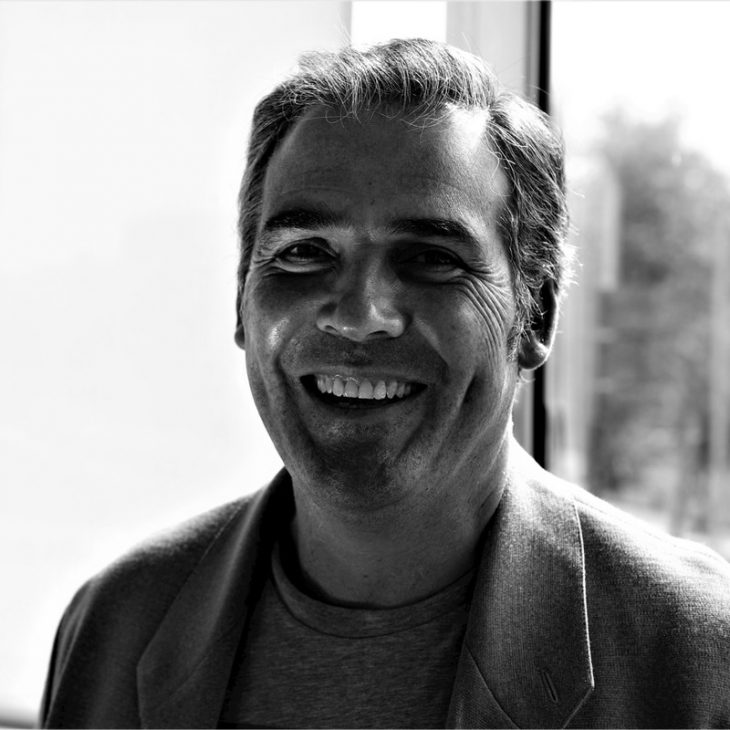
Ignasi Cubiña is a biologist by education, he co-founded Eco Intelligent Growth in 2005 with the purpose of implementing the Cradle to Cradle® and Circular Economy principles. Together with EIG’s team, he helped companies around the world in the transition towards circular business models and the development of healthy and perpetually cyclable products. He collaborated as a professor at IED Barcelona, EAN University (Bogotá, Colombia), Elisava, IQS, and other Spanish Institutions. His conferences and seminars are provocative and inspiring; this brought him to be a speaker at international events like Kingpins Transformers, TED Talk, Resource London, Smart Cities, and many others. Member of the Stakeholders Advisory Council of the Cradle to Cradle Products Innovation Institute, member of the Catalan Packaging Cluster, and the Advanced Materials Cluster. C2C Certified Accredited Assessor.
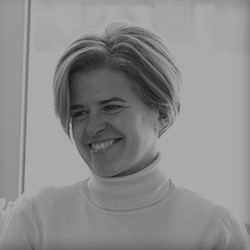
Cristina Sendra is a senior consultant, with extensive experience in the building sector and C2C. Lead in the development of building projects circular and transition to v4 in Material Health. Cristina has directed more than a dozen LEED projects and participated in numerous BREEAM projects. She holds a Ph.D. in Environmental Sciences from the UAB, C2C Accredited Assessor, and LEED AP.
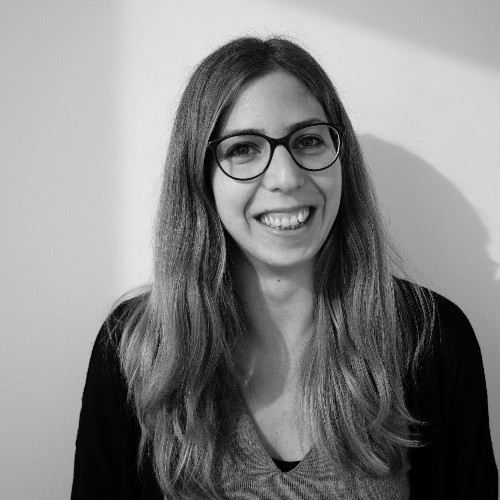
Gemma Canals Flix is a senior consultant, with holistic training in environmental sciences, develops transversal projects in the building sector. C2C Accredited Assessor, specialized in building materials, WELL, BREEAM, and LEED advice. Extensive knowledge of the European market for building materials.
Faculty Assistant
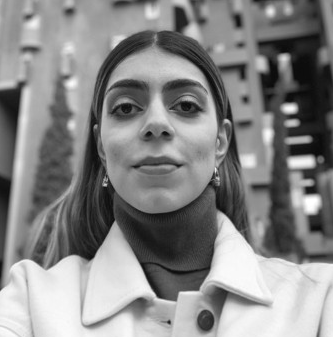
Mahsa Nikoufar, an Urban Technologist with a background in urban planning for undergraduate studies, and a Master’s degree in City & Technology at IAAC. Experience with ICT companies related to smart city projects and currently focused on urban systems and the circular economy.
